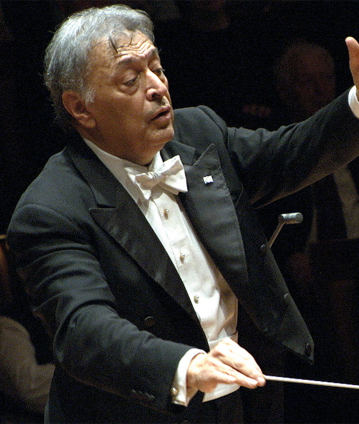Zubin Mehta dirige la Troisième de Mahler

« La nature entière y trouve une voix pour raconter quelque chose de profondément mystérieux que l’on ne pressent peut-être qu’en rêve », a écrit Gustav Mahler à propos de sa Symphonie n° 3. Cette œuvre monumentale et universelle est dirigée ici par Zubin Mehta, « dont l’énergie ne s’est pas dépensée inconsidérément dans une débauche d’effets, mais qui s’est consacré à tracer le grand arc de l’œuvre avec une sérénité significative » (neue musikzeitung).
Berliner Philharmoniker
Zubin Mehta
Lioba Braun
© 2008 Berlin Phil Media GmbH
Artistes
Nos suggestions
- Zubin Mehta dirige la « Symphonie avec orgue » de Saint-Saëns
- Zubin Mehta et Murray Perahia dans des œuvres de Beethoven et Strauss
- Zubin Mehta et Rudolf Buchbinder dans Beethoven et Strauss
- A “St Petersburg Night” with Daniel Barenboim and Zubin Mehta at the Waldbühne
- Zubin Mehta dirige la Neuvième de Bruckner
- The 1995 Europakonzert from Florence with Zubin Mehta and Sarah Chang